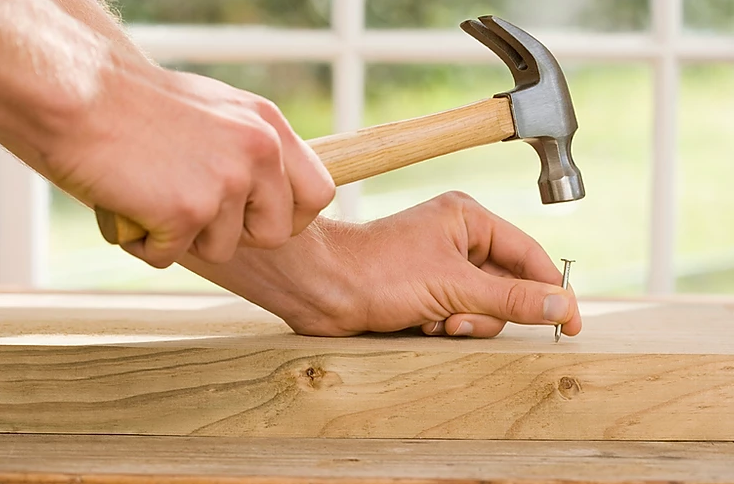Have you ever wondered about the history of coffin locks and why some caskets have them? Let's delve into the fascinating evolution of this practice and the reasons behind it.
Early Practices: Nailing Coffins Shut
In ancient times, coffins were often sealed shut by nailing them closed. This practice was believed to prevent the deceased from rising from the dead or to keep grave robbers at bay. However, as time progressed, this method fell out of favor due to its permanence and lack of practicality.
The Emergence of Coffin Locks
As burial practices evolved, the use of coffin locks became more common. Coffin locks are mechanisms that secure the casket shut without the need for nails. These locks can vary in complexity, from simple latches to more intricate locking systems.
Types of Caskets with Locks
Today, there are various types of caskets that come equipped with locks. Some caskets have built-in locking mechanisms that require a key to open, providing an added layer of security. These locks are often used in cases where the deceased is buried with valuable items or for personal reasons.
Reasons for Locking Caskets
There are several reasons why caskets may be locked. In some cultures and religions, locking the casket symbolizes the finality of death and provides a sense of closure for the family. Additionally, locking caskets can prevent unauthorized access to the deceased or protect valuable items that are buried with them.
While the practice of locking caskets may vary depending on cultural and personal preferences, the use of coffin locks continues to be a common practice in modern burial traditions.





